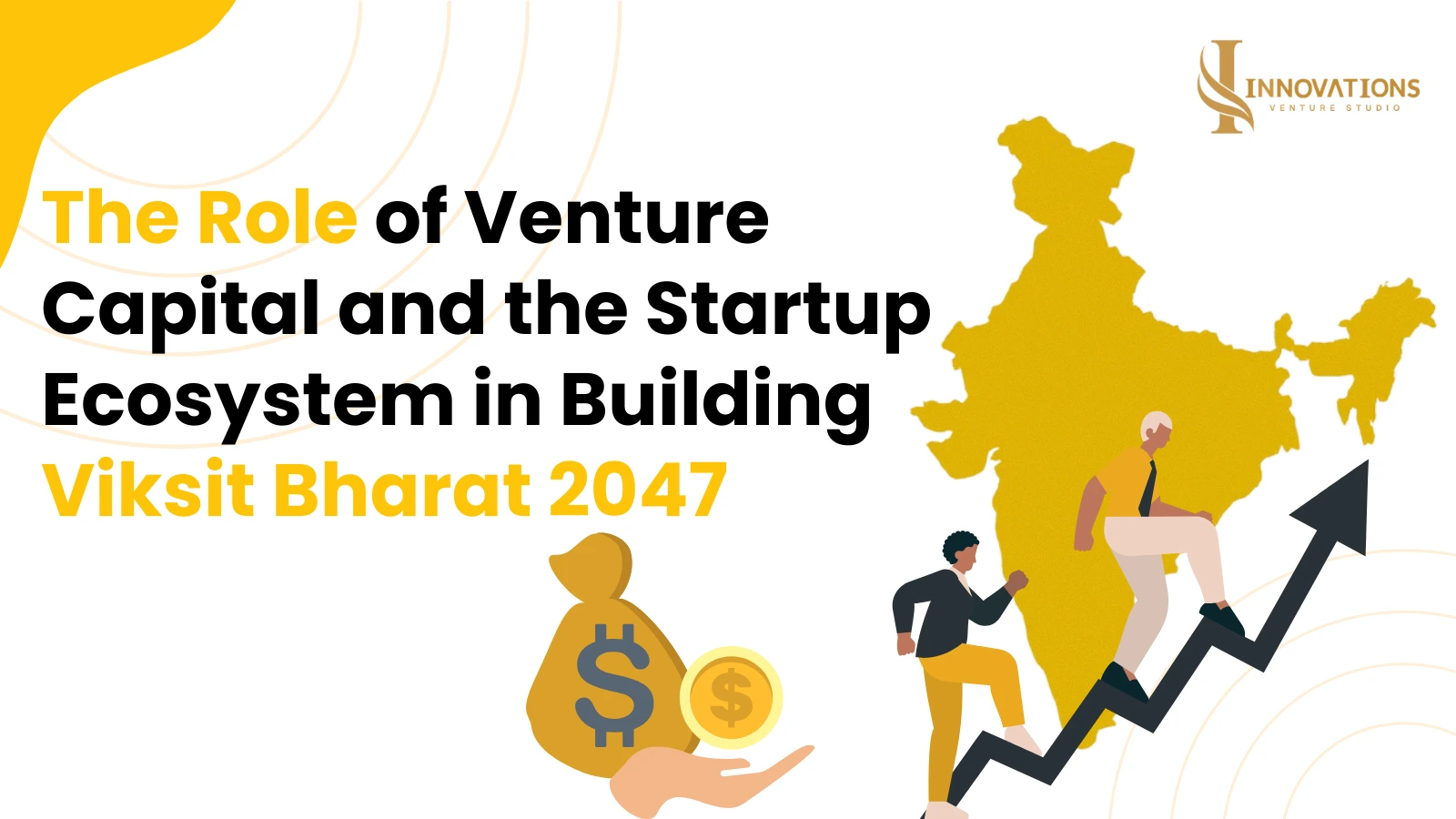India is standing at a pivotal moment in its economic journey. With the vision of Viksit Bharat 2047—a developed India by the 100th year of independence—the nation needs a strong backbone of innovation, entrepreneurship, and financial empowerment. At the heart of this transformation lies the importance of venture capital, which fuels startups and drives the growth of a robust startup ecosystem.
Understanding the Importance of Venture Capital
What is Venture Capital?
Venture capital (VC) isn’t just about funding—it’s about empowering ideas, accelerating innovation, and bridging the gap between ambition and execution. Unlike traditional financing methods, venture capital takes calculated risks by investing in early-stage businesses with strong growth potential.
As a catalyst for innovation, VC drives transformation across technology-led sectors such as fintech, healthtech, clean energy, and agritech. To explore how innovative capital fuels the next wave of entrepreneurship, visit Innovations Venture Capital — where visionary founders meet strategic investors.
Why Venture Capital Matters for India?
The importance of venture capital can be seen in how it:
Creates jobs, wealth, and sustainable growth opportunities.
Provides early-stage funding when startups lack collateral or traditional credit access.
Encourages innovation by backing disruptive business models.
Brings in mentorship, networks, and strategic guidance, not just money.
Venture Capital and India’s Startup Ecosystem
India today has the world’s third-largest startup ecosystem, with unicorns emerging across multiple industries. This rapid rise would not have been possible without venture capital support. Investors not only provide funding but also build confidence in Indian startups on a global scale.
For example, the success of companies in sectors like e-commerce, SaaS, and digital payments highlights how venture-backed startups can scale rapidly, serve millions, and contribute to India’s GDP growth. The importance of venture capital becomes even more evident when we see how it nurtures risk-taking founders and innovative solutions that solve real problems—from rural healthcare access to sustainable energy alternatives.
Driving Viksit Bharat 2047 Through Innovation
The vision of Viksit Bharat 2047 requires more than incremental progress—it demands transformative change. Startups, powered by venture capital, are positioned to play a critical role in this mission. They can:
- Develop indigenous technologies that reduce dependence on imports.
- Create millions of high-skilled jobs in AI, robotics, biotech, and green energy.
- Empower rural India with digital solutions for education, agriculture, and healthcare.
- Drive financial inclusion through fintech innovations.
By channeling capital into startups with long-term impact, venture capital can directly contribute to building a strong, self-reliant, and globally competitive India.
The Road Ahead
For India to achieve its vision of a developed nation by 2047, policymakers, entrepreneurs, and investors must work hand in hand. Government initiatives like Startup India, combined with private VC investments, can strengthen the entrepreneurial ecosystem. More importantly, nurturing homegrown venture funds and encouraging global investors to bet on India’s growth story will be essential.
Conclusion
The importance of venture capital in shaping India’s future cannot be overstated. It is the fuel that powers startups, fosters innovation, and accelerates economic growth. By supporting risk-takers and visionaries today, venture capital is laying the foundation for a Viksit Bharat 2047—a nation that thrives on innovation, inclusivity, and sustainable development.
FAQs
Q1. What is the importance of venture capital in India’s growth?
Venture capital provides crucial funding and mentorship to startups, enabling innovation, job creation, and economic growth that support India’s vision for Viksit Bharat 2047.
Q2. How does venture capital support startups?
Venture capital supports startups by providing early-stage funding, strategic guidance, and market access, helping them scale faster than traditional funding routes.
Q3. Why is venture capital vital for Viksit Bharat 2047?
The vision of Viksit Bharat 2047 requires innovation-led growth. Venture capital empowers startups to create technologies and solutions that drive sustainable development.
Q4. Which sectors benefit the most from venture capital in India?
Sectors like fintech, healthtech, edtech, clean energy, SaaS, and agritech benefit the most, as VC funding helps them innovate and scale rapidly.
Q5. How can government policies boost venture capital in India?
Policies that ease regulations, encourage foreign investment, and strengthen the domestic VC ecosystem can significantly increase capital flow to Indian startups.

